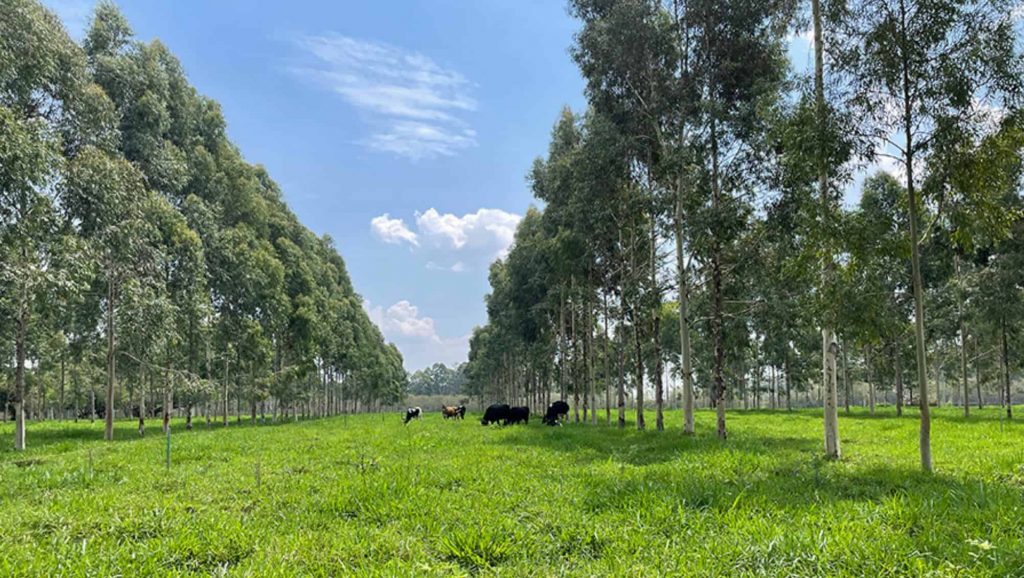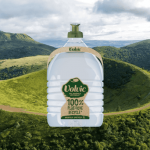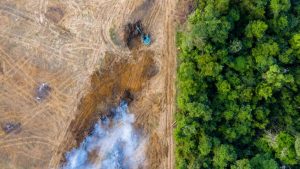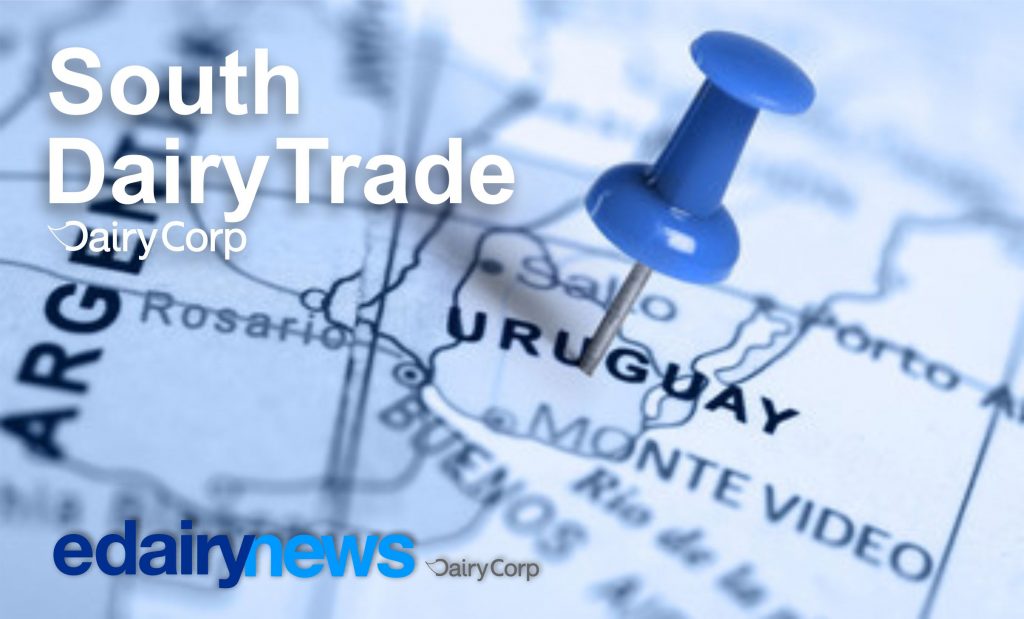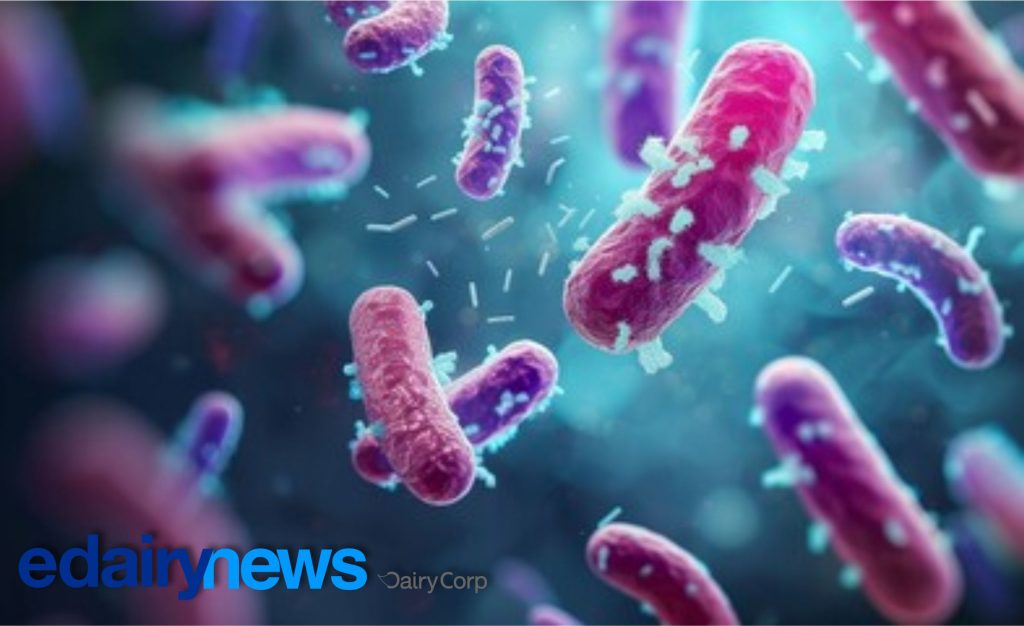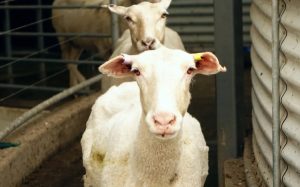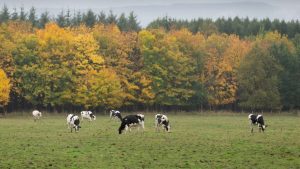
The European Union’s environment policy chief will tour South America this week in an attempt to alleviate fierce criticism from the region over a landmark EU law that will ban imports of goods linked to the destruction of forests, reported Reuters.
From the end of December, the EU will require importers of soy, beef, coffee, palm oil and other commodities to provide proof their supply chain does not cause deforestation.
Deforestation fuels climate change and is the largest source of greenhouse gas emissions in Amazonian countries. Forests help curb global warming because their trees absorb huge amounts of carbon dioxide.
Countries including Brazil and Malaysia have criticised the EU law, which they say imposes trade barriers and extra costs on their economies, and is protectionist.
“We see it as a turning point in the global fight against deforestation,” he added.
Paraguay, Bolivia and Ecuador, which Sinkevicius will visit this week, were among the countries to sign a statement at the World Trade Organisation last month criticising trade-altering green policies.
That statement urged countries “to refrain from imposing of unilateral trade-related environmental measures that create unnecessary obstacles to trade or arbitrary or unjustifiable discrimination between countries”.
“Paraguay has been quite vocal in criticizing the EU deforestation regulation so I’ll be trying to discuss the situation there and stress how we want to work with them on setting up traceability systems,” Sinkevicius said.
He said countries’ biggest concern with the EU law was an upcoming system that will label countries as high, standard or low risk for deforestation – and the potential reputational damage of being labelled as “high risk”.
Sikevicius declined to confirm when the EU will notify countries of their risk level.
A person familiar with the matter, who was not authorized to speak to the media, told Reuters EU elections this year would delay rolling out the risk ratings until 2025, as the methodology would need to be set by the next EU Commission.
The EU law banning the import of goods linked to deforestation would go into effect at the end of 2024 anyway, with all countries initially being granted a “standard” level of risk.
You can now read the most important #news on #eDairyNews #Whatsapp channels!!!
🇺🇸 eDairy News INGLÊS: https://whatsapp.com/channel/0029VaKsjzGDTkJyIN6hcP1K
